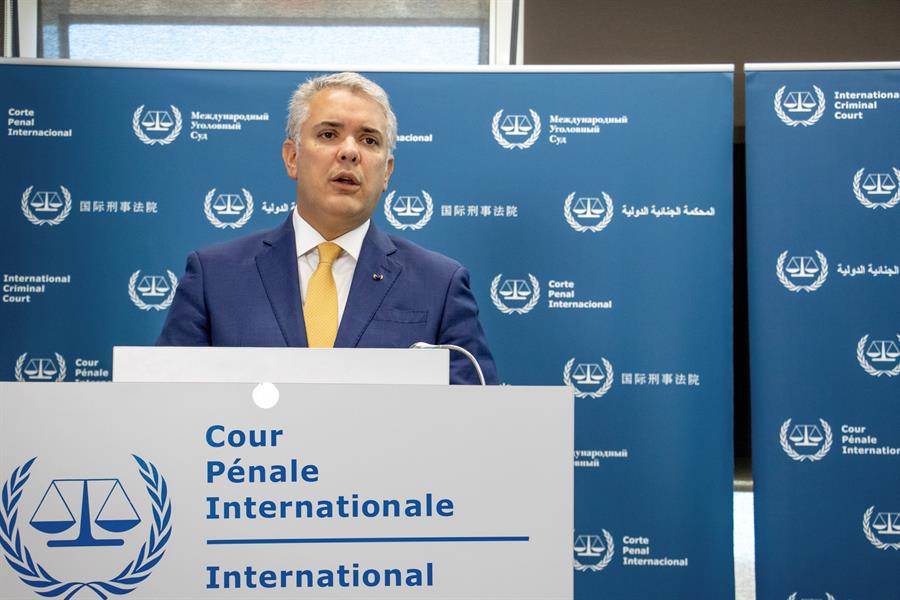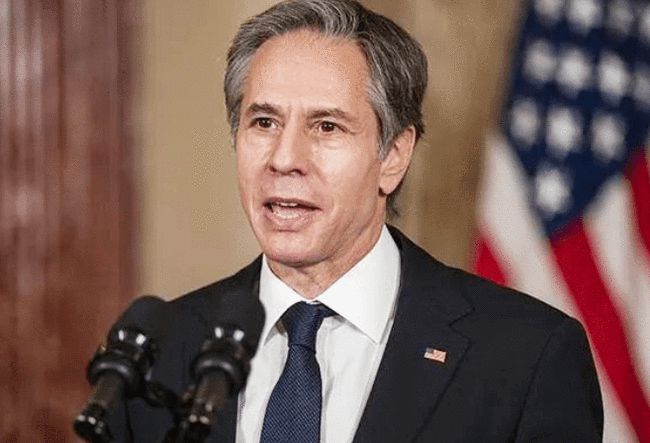On Tuesday, the Truth Commission asked the Colombian president, Iván Duque, to urge the authorities to investigate the theft of the recordings of the interview in which Dairo Antonio Úsuga, alias Otoniel”, head of the Clan del Golfo, gave his version of their participation in the internal armed conflict.
This was expressed by the president of the Truth Commission, the priest Francisco de Roux, in a letter sent to the head of state in which he also informs him that he will continue “this very week” with the interview with the head of the Clan del Golfo, the largest criminal gang in the country of paramilitary origin.
“We request that, in your capacity as Head of State, you urge all the institutions to promptly and effectively investigate what happened,” says the letter.
In the document, De Roux also asks that “the necessary guarantees be provided for the integrity of our collaborators and the conditions so that it is possible to continue our constitutional task, allowing the interview to take place with due confidentiality and privacy.”
On Friday, February 18, a group of people entered the home, in Bogotá, of the Truth Commission investigator Eduardo Andrés Celis Rodríguez, who accompanied Commissioner Alejandro Valencia Villa in the interview with “Otoniel.”
The digital recorders used in the interview, as well as a computer, were supposedly taken from the house.
That diligence had been suspended on Thursday because the Police said that “security protocols were violated” when the site where the interview was taking place was revealed.
“Otoniel” was captured on October 23 in an area of Urabá, in the northwest of the country, and later transferred to Bogotá, where he has given his version of the internal armed conflict before the Commission and also before the Special Jurisdiction for the Peace (JP).
The United States requests the extradition of the criminal boss so that he responds before courts in New York and Florida for charges related to drug trafficking.
Against Úsuga there are 122 arrest warrants in Colombia and six convictions, including two of 40 and 50 years in prison, for aggravated homicide, homicide of a protected person, forced disappearance, forced displacement, and illicit recruitment of minors.



















































































